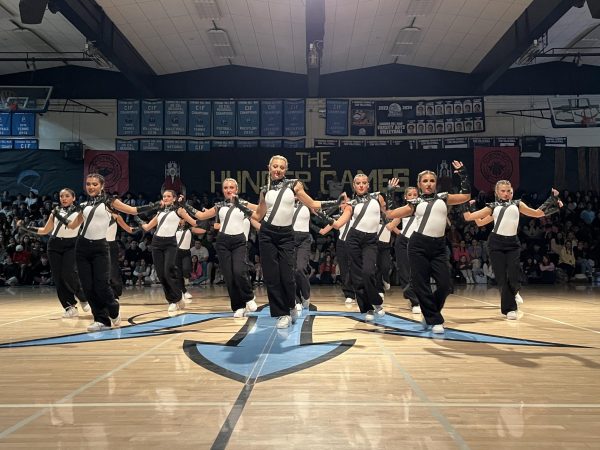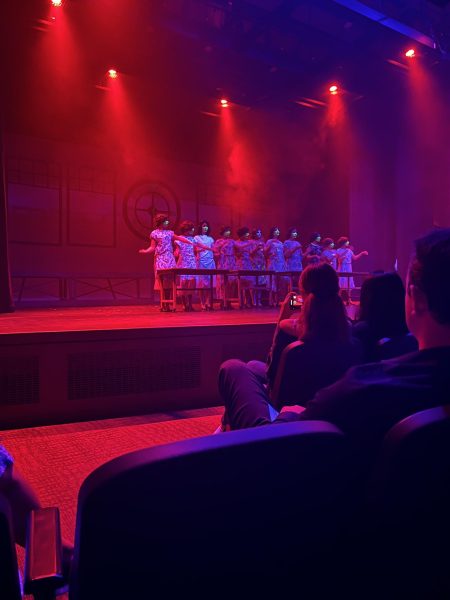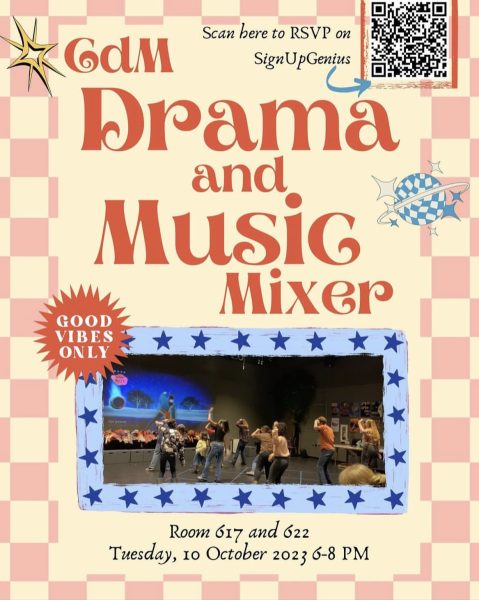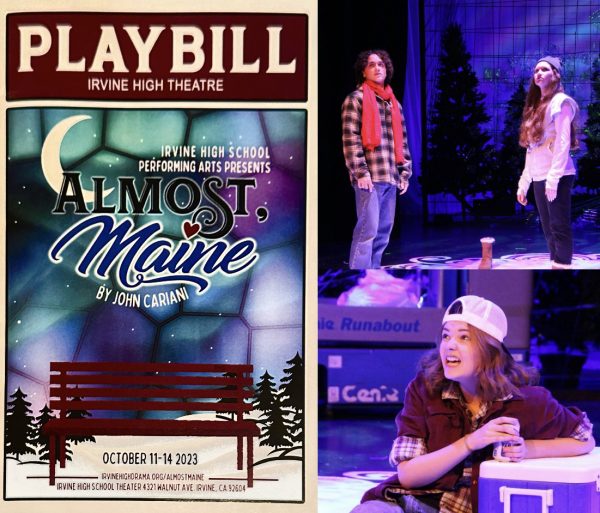“Hour to Hour, Note to Note,” a Playlist by Harmony Calata
March 4, 2021
*disclaimer interview is edited*
Link to playlist: https://open.spotify.com/user/
It’s the perfect mix between gloom and beauty. Someone who can write in such a melancholy tone, make you cry, but ultimately, make you smile. That’s Elliott Smith. That’s his magic.
“When I discovered Elliott, I was really insecure. Listening to him was so different from any other songwriter. It’s like indirectly sad, and you have to look deeper in order to really get it…..I’m trying to think of an example,” Calata scrolls through her list, “Like ‘Between the Bars,’ that was my first favorite song of his.”
“What made you like him as an individual?”
“He loved music to the point where fame didn’t matter to him. Performing at the Oscars was the worst for him.” He wanted to make music —simple as that. “He started performing locally, until the cameras chased him. His song ‘Angeles’ is actually about that. The first part of it goes:
‘Someone’s always coming around here
Trailing some new kill
Says “I’ve seen your picture on a
Hundred-dollar bill.’”
It took me a while to realize what it was about. I realized at least from my perspective, that he was talking about how people’s outside perception of his music was so focused on money.” In other words, people believed that his music was worth a sum of money, a chance for business. A hundred dollar bill.
Harmony writes songs herself, and they’ve certainly evolved overtime. “I still sometimes gush at the thought of being famous. But every once in a while, I think about Elliott and remind myself that you have to love what you’re doing. He was one of the greatest songwriters of all time because he. Really. Loved. It.”
“Go on, it doesn’t matter how it sou-”
“Like when I write about love!” Calata explains that her grasp on caring for people used to be perceived in such a superficial manner, “Now I realize there’s so much in my life I haven’t experienced and understood yet….you know?” I focus on staying simple.” The lyrics. The chords. Simple, and yet so meaningful.
“But why exactly make this playlist? Why else? Anything Else?”
“Well I’ve also read Simon vs. the Homo Sapiens Agenda, and the main character’s favorite artist is Elliott Smith. I liked both the book and the idea of relating to a character about something I’m so passionate about…also because it’s artsy!”
“We’ve definitely established that his songs are very sad, but what makes you find happiness within something sad? I know you wouldn’t like his music so much if it were just plain sad. Why is it happy for you?”
*Spins in the chair for a while.* “Wait hold on, I gotta think for a min, that’s hard.”
Calata sums it up in a few sentences: “It can be the way you look at his lyrics. It doesn’t always have to be sad. For example, ‘Waltz #2 (XO)’ speaks about his experience with divorce, with him as the middle-man. But to one’s surprise, it’s actually quite an upbeat rhythm.”
“Okay but what really makes you happy about his music. Not just a specific song. What are some of his craft-moves that make you the absolute happiest?”
“If you know me pretty well you know that I share my Elliott music with those closest to me. I think it’s the times I’ve shared with people while talking about his music. If I hadn’t discovered him, I wouldn’t have written songs the same way….his work could easily be a language arts topic! His music is definitely not a background song.”
“I don’t always listen to Elliott because I know it’s very sad. But I’ve got my answer…….”
Calata concludes. To remember him in his honor, she knows that she can share it with special people. She knows it’s something she can talk about finitevely. Elliott Smith gives her joy as a constant reminder to stay true to one’s passions, and to take into account the little things —to understand something deeper beyond the surface.













